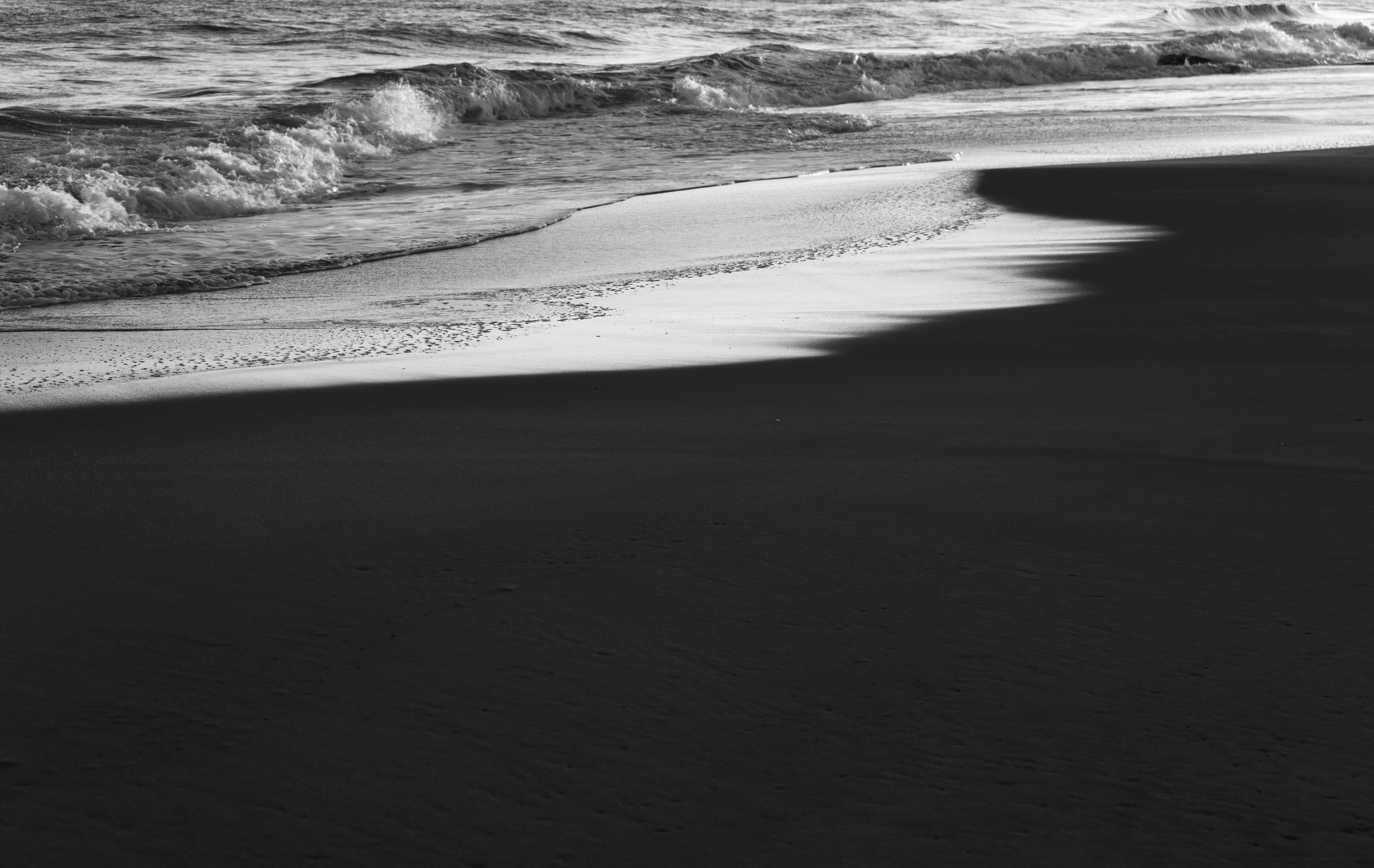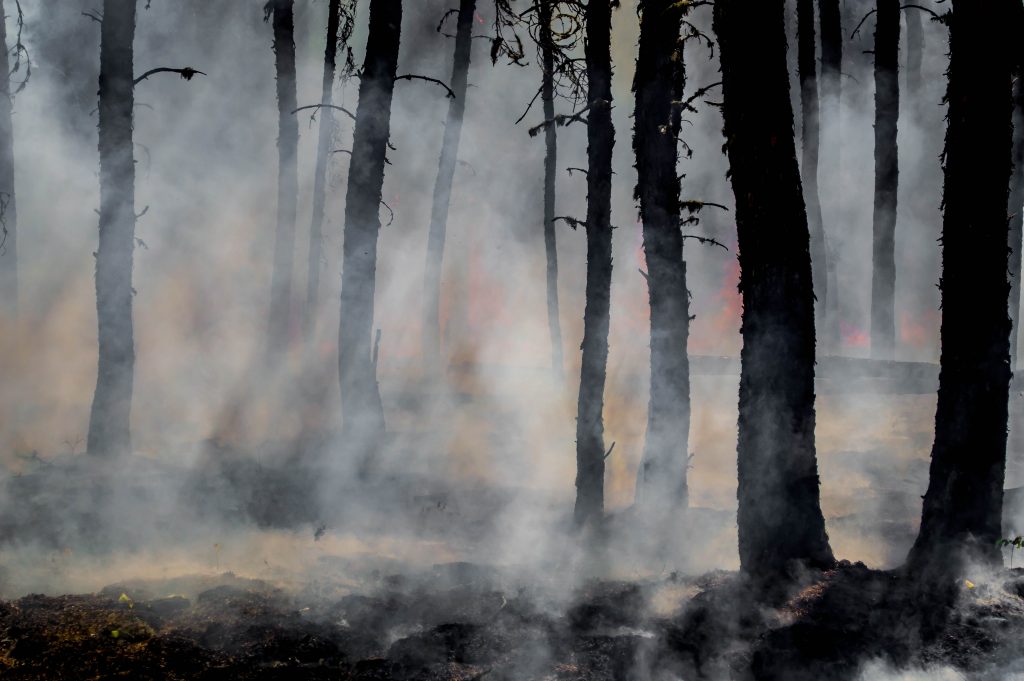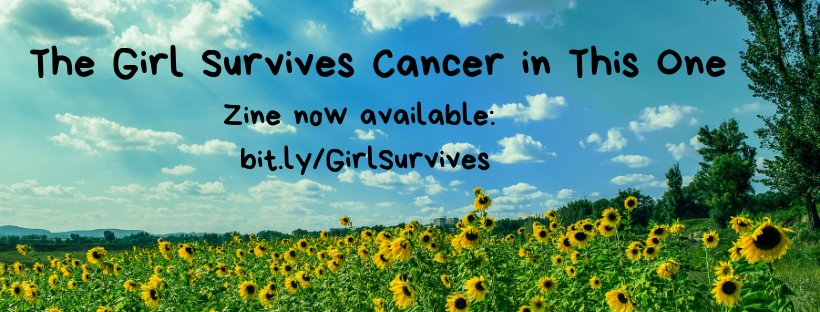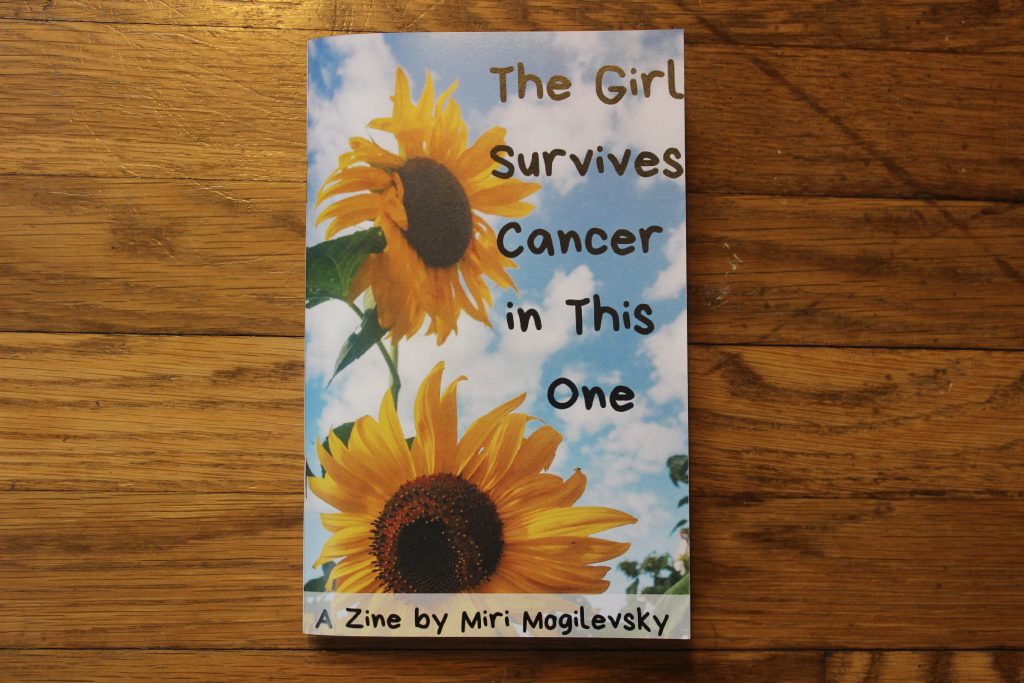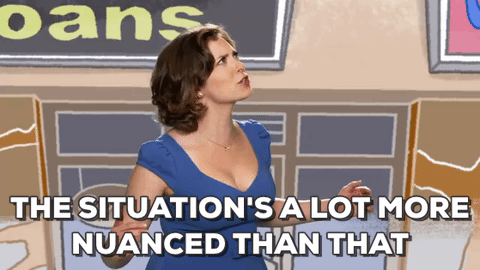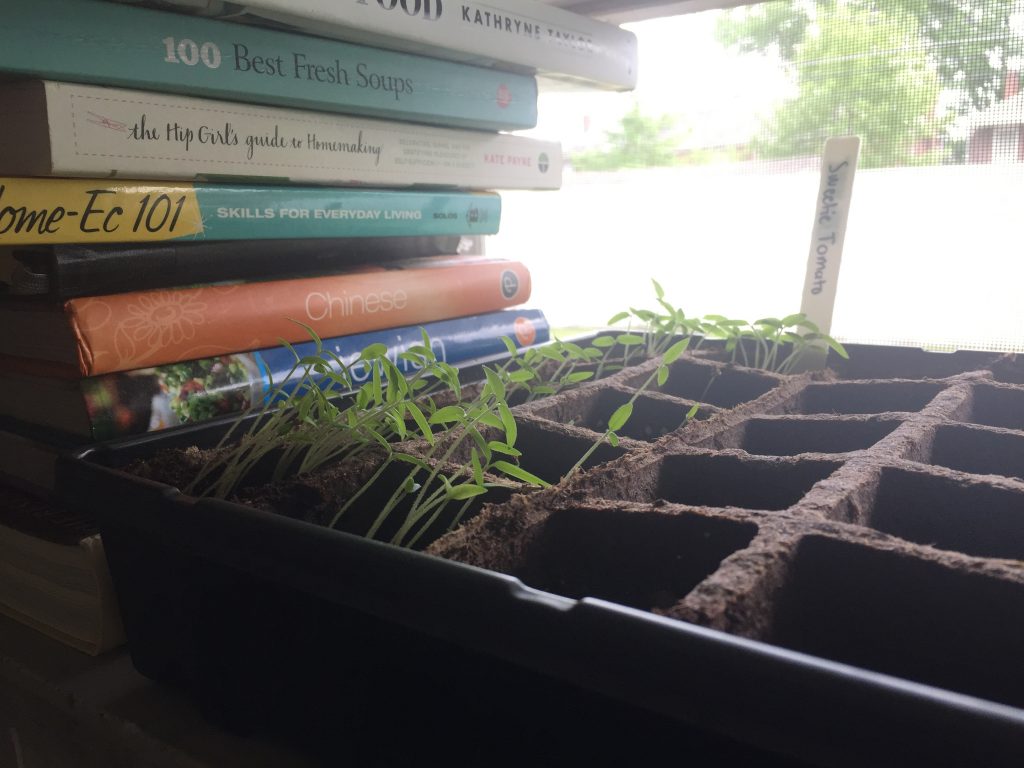And just like that, it’s over. The surgeon said there’s no evidence of cancer remaining in my body, my hair is growing back, my new boobs are growing steadily until I decide they’re big enough, and I’m trying to grasp that thread of my life that I left dangling over half a year ago and tie it to the one I’m holding now.
As anyone who’s had cancer knows, you’re never really “done” with it. Even after successful treatment, there’s always the possibility of recurrence, the long-term consequences of chemo or radiation, and, in my case, a slew of reconstruction-related procedures and an oophorectomy in 8 years.
That said, now—when I’ve returned to work after my surgery—seems an appropriate moment for a post-mortem on the whole thing. (Sorry, poor choice of wording.)
For a brief window of time after my diagnosis I thought it would be my unraveling. I quickly realized that, instead, it would be my becoming. If a year ago I was in my intermediate Pokémon evolution, I’m now in what feels like my final one. (Don’t forget, though, that even fully evolved Pokémon continue getting stronger and learning new moves, and that eventually someone might “discover” mega-evolutions and I might change form again. I’ll leave it to you to decide which Pokémon I might be, before this analogy completely runs away from me.)
Before this I was essentially comfortable with who I was, with how I lived my life and conducted my relationships, with the career I had chosen, with the way I spent my time, and with that most fragile of things, my body. The illness transformed the way I saw all of these things, not in the sense that it made my views totally different, but in the sense that it strengthened, catalyzed, leavened, solidified them.
Any lingering doubts I had in myself or in the people who form my inner circle disappeared. Before, there was a part of me that really believed that when the time came to sit for the exam, the people around me would fail me, and more importantly, that I would fail myself, and that I would be alone in my darkest hour. But nobody failed.
Well, perhaps a few people failed. But their grades had been slipping for a long time, and some of them had really been failing already.
I no longer doubt that my friends and family will carry me forward when I can’t carry myself. But I also no longer worry that I’ll ever become completely unable to carry myself. I don’t struggle with imposter syndrome anymore, and I don’t worry that I’m not enough of an “adult.” What does that even mean for someone who has made the decision to carve up their body to save their own life? What does that mean for anyone, really?
What I keep coming back to every time I write about this strange episode of my life is simply how banal most of it was. It was so banal that I’m not sure I could even claim that I cried more, or was sadder or more scared, on average during this time than during any other period of my life. In fact, I will still say that the clinical depression I experienced from ages 19 to 22 was much worse and left me with so much fewer resources to help myself and seek support from others.
I would not repeat so much as a month of that experience for any price. The cancer, eh, fine, especially if we can do the surgery with proper pain management this time.
The point of that isn’t to pit depression and cancer against each other generally or adjudicate whether mental illness really is worse than medical illness or vice versa; it’s just to say, I already had unimaginably more strength than I thought I did. It just hadn’t been tested and proven yet.
After my surgery, which to me represented the culmination of most of my worst fears, people wanted to know if it was really “as bad” as I thought it would be. Of course, they wanted to hear that it wasn’t. Unfortunately, it was even worse than I thought it would be. It was worse than I had expected even at my most panicky moments. So this isn’t the story of how I overcame those phobias. It’s the story of how I learned that I can survive weeks of unrelenting pain, panic attacks, and suicidality and come out the other side essentially myself.
I’m comfortable saying that I’ve been traumatized by that experience. In dreams I wake up after surgery only to be told that something went wrong and it has to be done again, over and over. Most evenings, when I’m home from the life I’ve finally returned to, alone and in silence, an inexplicable sadness comes over me—so inexplicable that I know exactly what causes it.
It’s not that I “miss my old body,” though sometimes I do. What I feel goes much deeper than that. There are memories, images, that fill me with something I can only call grief—looking back at my parents as I was wheeled away to the OR; watching them cut up my food for me when I couldn’t; walking around on the deck of their house, back hunched, trying to explain to my mom a meditation exercise I was trying in which you breathe the pain in and then breathe it out; when my friends visited me at home two days after and I sat, again hunched, mostly unable to speak or even look at them; the first time I sat on the deck in good weather, no hat, and felt the sun on my skin again; and more, and more, and more.
All of this lives in me now, not compartmentalized or repressed but very much there, just beneath the surface. It ebbs and flows and sometimes retreats deeper and other times comes closer to my skin, where I can all but feel it with my fingers when I press them onto all the parts of me that no longer feel.
It hurts all the time, but it’s also, in its own way, completely normal and healthy. I now contain a lot more things than I did six months ago, and not all of them hurt.
Rather than feeling diminished by the experience, I feel expanded. Which is fortunate because it gives me enough room to contain all of the contradictions inherent to this process. My friends were probably hopelessly confused. One day I’d be crying about what an ugly scarred half-person I am; the next day I’d be marveling at how it feels to dance, to sit in the sunshine, to run my fingers over my healing incisions. One day I would say that my life has been standing still; the next I’d be talking about all I’ve learned, everyone I’ve met, everything I’ve planned.
And then there were the times, most of which I never found the words to explain to anyone, when I felt like I was experiencing something transcendent. I had feelings that felt completely outside of my normal existence and that I couldn’t have had any other way. I’m not a religious person, so I don’t think of it that way. Instead I think of them as moments when I felt the pulse of life. I felt how precious it was, how sacred. I felt overwhelming gratitude, both towards people who helped me in even the smallest ways and towards the universe itself. I felt like I could survive anything.
And then I’d go back to feeling like a broken old piece of crap nobody wants anymore.
Well, it may be confusing, but it’s also part of the experience of being ill—and, to a slightly lesser extent, of being human. I invite you to enter the contradiction with me and make yourself comfortable.
Besides work and spending time with friends, nowadays I’m often working on my garden. Last fall I decided I wanted to try growing fruits and vegetables in the spring, and I had all these ideas about buying all kinds of plants and building a structure to house the containers and starting seeds early indoors, and for obvious reasons that didn’t happen. So I started last week. It was probably slightly late to plant seeds, but it is what it is and it’ll be what it’ll be.
I’ve always loved plants, and always felt disproportionate grief when they sickened or died. Now it’s no different, except that I’m even more aware of the precariousness of life, of the journey seeds must undertake to become plants, and how perilous all of that is. Soil, water, warmth, light. And out springs something that nourishes.
I used to feel beautiful. Now I don’t, and it’s hard to fully imagine what that even felt like. But I think I’m finding my way back to it, slowly. In the meantime, I look around at my pots full of fresh soil and think, maybe I can still make something beautiful.
I understand how plants “work,” mostly, but the more fundamental part of my brain is still stunned every time a seed germinates. I’ve now planted everything I’m going to plant, and some of the seeds have sprouted–pulling themselves up through the soil, hunched over like I was right after surgery, slowly stretching themselves out to stand tall just like I did, and finally unfurling their first two leaves, just like the first time I felt well enough to bring my arms up and stretch them out from my sides as hard as I could, feeling them become a part of my body again.
I can never fully expect them to do it. Every time I’ve ever planted a seed I’ve thought, no way, there’s no way you can just stick these tiny hard things into the ground and a week later they turn into actual plants.
And yet, inevitably, they do.
Brute Reason does not host comments–here’s why.
If you liked this post, please consider supporting me on Patreon or Ko-fi!



